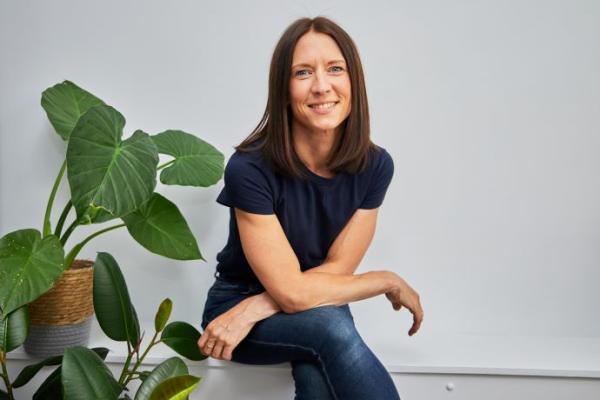Research by Career Returners, an organisation committed to supporting women returning to the workplace, reveals that many women who step away from their careers for a period of time find it difficult to return. Confidence, or a lack of, is cited as one of the key barriers and can stem from concerns about outdated skills, the fear of not being able to keep up with industry changes, and anxiety about how employers perceive their need for flexibility.
There are a range of approaches women can try to overcome their own internal barriers. However, this is not yet another burden that women must carry. It is a systemic challenge that requires a holistic approach, with the business community being central to creating change by speaking to, and encouraging, more women back to work and providing the environment to support them when they do return.
Here are 5 ways your business can help encourage women back to work:
- Inclusive recruitment practices: Reassess recruitment processes to ensure they are inclusive. This includes using gender-neutral language in job adverts, being transparent about flexible work options, and recognising the value of diverse career paths, specifically those that involve career breaks. By doing so, businesses create a more welcoming environment for women re-entering the workforce.
- Ensure ‘must have’ criteria: A widely referenced statistic says that men apply for a job when they meet only 60% of the criteria, yet women apply only if they meet 100%. Being aware of this when advertising your requirements for roles is essential for capturing women at the early stage of their job searching process.
- Flexible work arrangements: Flexibility is a crucial factor. Offering part-time roles, remote work options, and flexible hours can accommodate the diverse needs of women who are balancing work with personal responsibilities. Flexibility should be seen as an integral part of today’s work culture, benefiting all employees and contributing to higher job satisfaction and retention rates.
- Tailored support: Coaching, mentoring or return programmes, designed specifically for those re-entering the workforce, can make a significant difference. These programmes provide training, mentorship, and transitional support, allowing individuals to refresh their skills and rebuild their confidence in a structured and safe environment. Pairing returners with experienced mentors and role models offers additional guidance, support, and advocacy to help rebuild confidence and ease the transition.
- Partnering with women’s networks: Working closely with organisations, associations, or networks that support women can connect businesses directly with potential candidates and bridge the gap in women applying for roles. This also helps businesses demonstrate their intentions and strategies around equality and ensure visibility as an attractive employer.
Re-igniting, together
Attracting and retaining women in the workforce requires more than just good intentions - it needs a deliberate and sustained effort to address the unique challenges women face when returning to work after a break.
By introducing some targeted strategies and ensuring an ongoing commitment from businesses to continually evaluate them as societal and workplace dynamics evolve, we can all better support women in their careers and harness the full potential of a diverse and innovative workforce.
For further ideas on how you can support women in your organisation back to work, or progress further in their careers, either through 1-2-1 or group coaching, please get in touch with Gemma Brown - gemmabrowncoaching.co.uk or email gemma@gemmabrowncoaching.co.uk.
Gemma will also be hosting a workshop at Cambridge Network’s recruitment event talking directly to women looking to ‘return with confidence’ also on 3rd Dec. Have you booked your place? You can find out more about the event HERE.
Please contact Claire Angus to book onto the workshop: claire.angus@cambridgenetwork.co.uk
